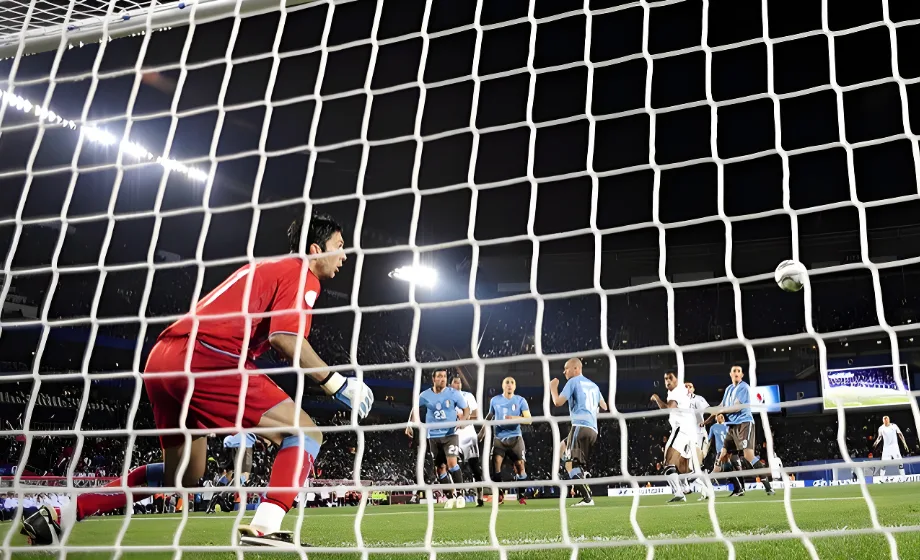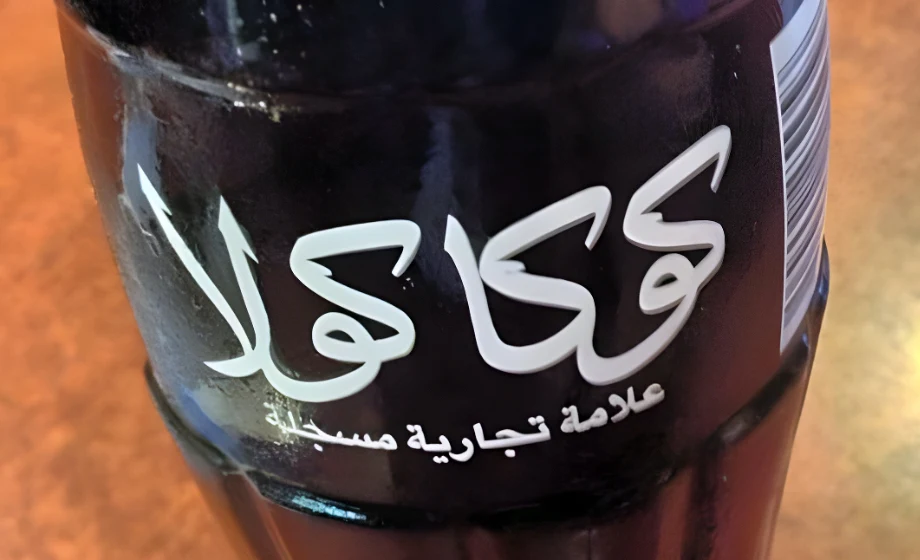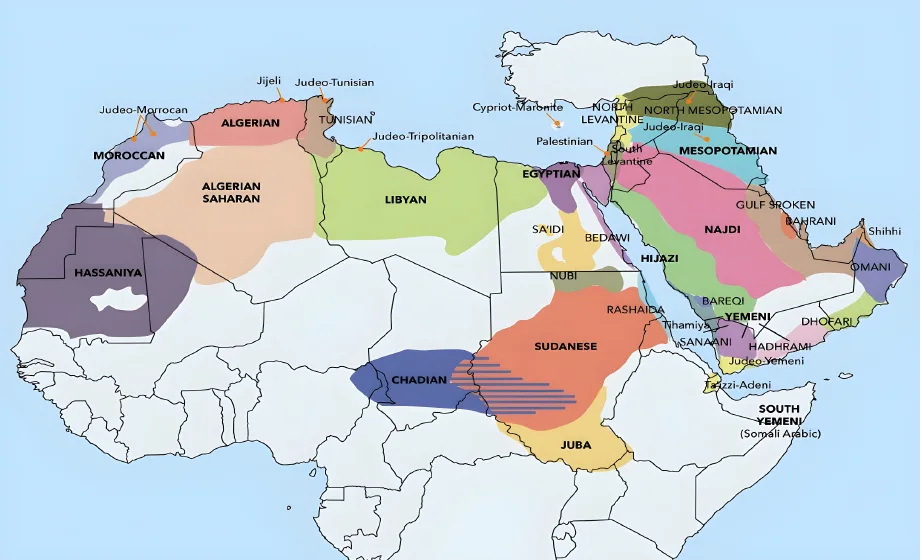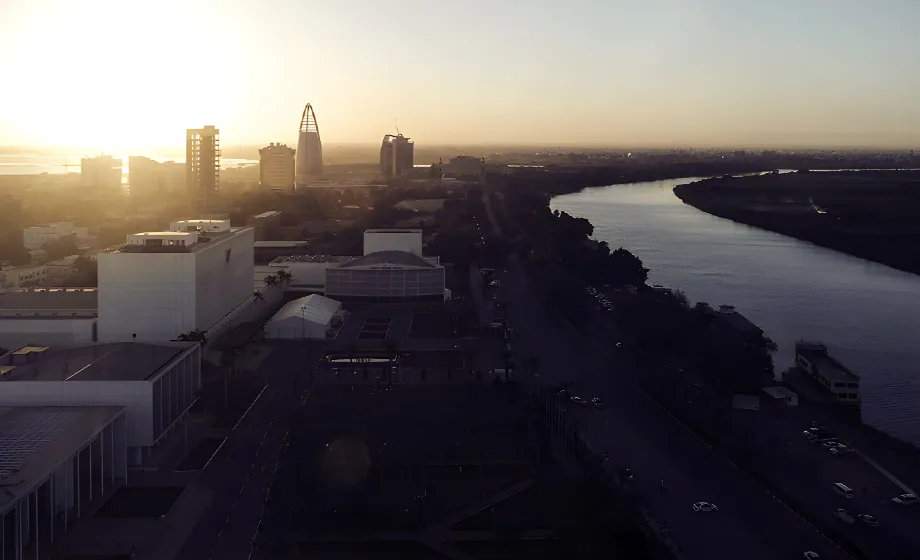Football is the world’s most popular sport. The Arab world is no exception to the sway this game holds in almost every country. It is a game that is accessible and simple to learn and organize. It is popular among all socioeconomic classes, as it does not need any fancy equipment. Thus, many children in the Middle East and North Africa grow up playing it, as well as obsessing over it and its famous sports teams, clubs, and players.
Top 10 Arab Football Clubs
The following is a list of the most successful Arab football clubs according to Forbes Magazine’s ranking system. This system took into account the clubs’ position within their leagues, the number of wins and losses, the number of championships, and other factors.
1. Al Ahly SC
City: Cairo, Egypt
Rival: Zamalek SC (Cairo)
2. Al Hilal Saudi Club
City: Riyadh, Saudi Arabia
Rival: Al-Nassr (Riyadh)
3. Espérance Sportive de Tunis
City: Tunis, Tunisia
Rival: Club Africain (Tunis), Étoile Sportive du Sahel (Tunis)
4. Étoile Sportive du Sahel
City: Tunis, Tunisia
Rival: Espérance Sportive de Tunis (Tunis), Club Africain (Tunis)
5. Al-Ahli Saudi FC
City: Jeddah, Saudi Arabia
Rival: Al-Ittihad (Jeddah)
6. Zamalek SC
City: Cairo, Egypt
Rival: Al-Ahly SC (Cairo)
7. Club Africain
City: Tunis, Tunisia
Rival: Espérance Sportive de Tunis (Tunis), Étoile Sportive du Sahel (Tunis)
8. Wydad Athletic Club
City: Casablanca, Morocco
Rival: Raja FC (Casablanca)
9. Al-Hilal Omdurman FC
City: Khartoum, Sudan
Rival: Al-Merrikh (Khartoum)
10. Al-Merrikh Sporting Club
City: Khartoum, Sudan
Rival: Al-Hilal Omdurman FC
Famous Arab Players
The following is a list of the most famous Arab soccer players currently playing. So as not to upset any fans, these names are not listed in any particular order:
Mohamed Salah
Country: Egypt
Club: Liverpool
Riyad Mahrez
Country: Algeria
Club: Leicester City
Islam Slimani
Country: Algeria
Club: Leicester City
Yacine Brahimi
Country: Algeria
Club: FC Porto
Mahdi Benatia
Country: Morocco
Club: Juventus
Faouzi Ghoulam
Country: Algeria
Club: SSC Napoli
Mohamed Elneny
Country: Egypt
Club: Arsenal
Hakim Ziyech
Country: Morocco
Club: AFC AJAX
Soufiane Hanni
Country: Algeria
Club: Leicester City
El Arbi Hillel Soudani
Country: Algeria
Club: GNK Dinamo Zagreb
Football and Politics
Football in MENA also carries a significant socio-political dimension. Almost every Arab government has established and promoted football leagues to solidify nationalism and support for the regime. Arab leaders often try to harness and exploit the passionate sentiments evoked during the heat of a match. In this way, different clubs also reflect different political allegiances. For example, the Egyptian clubs Al-Ahly and Zamalek represented pro-Nasser and pro-monarchy points of view, respectively. Political groups such as Hezbollah also manage and fund various clubs throughout Lebanon.
This enthusiasm, though, is a two-edged sword in some cases. The people can air their political frustration uncensored during football matches. Extreme soccer fans known as “ultras” have been on both sides of revolutionary movements throughout the Middle East. As such, many regimes attempt to gain the Ultra’s favor for their own political purposes. In Egypt, ultras protested against Mubarak in Tahrir Square protests ousting Hosni Mubarak and cracking down on student-led anti-2013 coup protesters. And when the current El-Sisi regime couldn’t count the Ultras, he branded them as terrorist organizations.
International Representation
2018 marks the first World Cup in which four Arab nations qualified Saudi Arabia, Egypt, Morocco, and Tunisia). In the past, Morocco, Algeria, Saudi Arabia, Egypt, Tunisia, Kuwait, UAE, and Iraq have all made appearances. The fans in these countries are obviously ecstatic, but what about the others who didn’t make it? Who do they root for?
The World Cup often makes football fans cheer for those they typically wouldn’t during the regular league play. Representation plays a role here, as fans love to attach themselves to whichever team they feel the slightest affinity towards. For example, most Moroccans cheered on Algeria, the only Arab country in that year’s competition. This is striking, as the two countries are not always on the greatest of terms with one another. Thus, fans in the MENA region will almost always cheer on their Arab brothers in the tournament.
On the other hand, the World Cup also exacerbates long-standing rivalries. For instance, there has always been tension and animosity between Egypt and Algeria in the sporting realm. Violent clashes have erupted among these nations’ fans during Olympic and World Cup qualifiers in the past. This has spurred both nations’ diplomatic leaders to draft security plans ahead of matches.
Although many Arab countries have participated in World Cups, none have ever won the coveted cup. As such, many do not make it into the final rounds. In this all-too-familiar scenario, MENA football fans have no choice but to root for foreign teams. The usual suspects include nations with a high concentration of Arab players (such as England, France, or Italy) or other frequent World Cup winners (such as Argentina, Brazil, and Germany).



